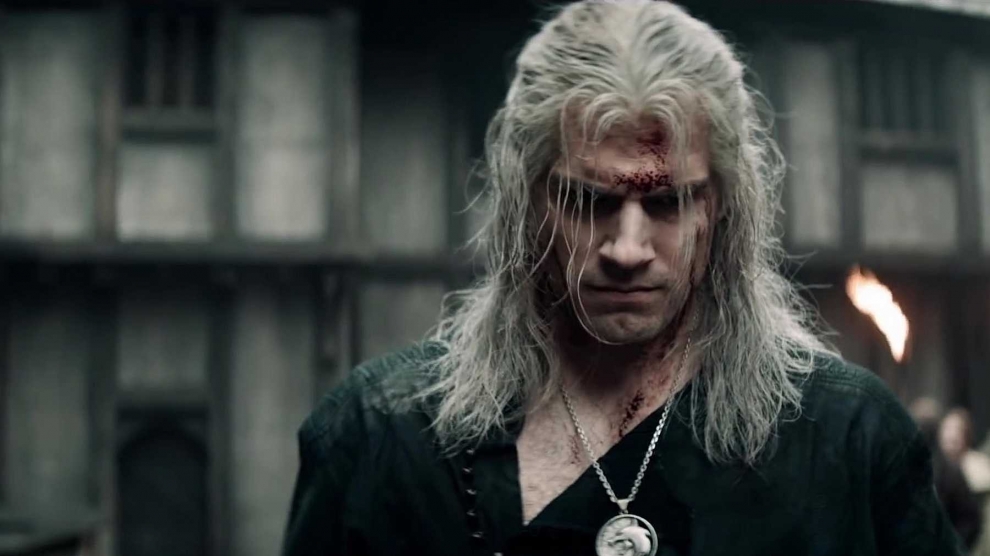The Witcher has quickly filled in the space HBO’s Game of Thrones left behind: the first season of the medieval-inspired fantasy series premiered on December 20 and has since become the most streamed show on the internet.
The fantasy drama series was produced in the studios of US streaming giant Netflix, but is deeply rooted in emerging Europe: it was inspired by and based on the works of Polish author Andrzej Sapkowski, who has written eight Witcher novels. Two of them: The Last Wish and The Sword of Destiny, form the core of the TV show.
Starring British actor Henry Cavill, who portrays the Geralt of Rivia, the central character, the show explores the legend of a monster-hunting mercenary in a medieval world known as The Continent, filled with all kinds of mythical creatures.
“There is drama and action, comedy and romance. I think that’s the value of this story,” says Tomasz Bagiński, the Polish animator and director behind The Witcher.
“There is a shade of seriousness, but also sarcasm, good, black, Polish humour. I am most pleased with that,” he continues, adding that there are whole parts of the texts and fragments of dialogue from the original books, which were written more than 30 years ago.
Shortly after the premiere, Netflix announced that it would start producing a second season, expected to premiere in the autumn of this year.
Discussing the possibility of including more Polish actors, Mr Bagiński says that he is exploring various options. “Maybe Poles will play,” he says. The cast of the first season featured three Polish actors: Maciej Musiał, Marcin Czarniak and Tomasz Krzemieniecki.
The first season of The Witcher has generated so much interest in the original material that Mr Sapkowski’s first book has again become a New York Times bestseller.
Sapkowski wrote his novels after becoming dissatisfied with the Szewczyk Dratewka, a Polish folk tale in which a Dratewka, a shoemaker, saves virgins from witches and dragons.
“It seemed interesting to me to tell a story where instead of the Szewczyk or some other hero — an idealist who kills dragons and saves princesses — a professional would appear,” he said in a 2001 interview. Often seen as the Polish Tolkien, his books also introduce readers to a world where reality lives together with fantasy, while Polish and Slavic folk motives make it more relatable, especially in Central and Eastern Europe.
It’s not just a TV series that the books have inspired. CD Projekt Red, a Polish company, has produced a series of role-playing video games based on the original novels. Popular even before the TV series appeared, the Netflix show has nevertheless led to new a boom in sales. The number of people buying the latest game, The Witcher 3: Wild Hunt, has recently grown by 550 per cent in the US.
Indeed, the success of the game has been a boon for the Polish economy. Last October, it was revealed that the exports of Polish video games, consoles and video game devices increased by an astonishing 3,810.5 per cent between 2013 and 2018, making Poland the fourth largest video game exporter in the world, behind only China, Hong Kong and Japan.
The value of exports during 2018 reached 1.24 billion euros, 6.5 per cent of the world’s total and the main reason for the success is, without a doubt, The Witcher, which has now shifted 40 million units since the first game launched in 2007. Wild Hunt has seen sales pass 20 million.
Polish daily Dziennik Gazeta Prawna has reported that the country’s wide-ranging video game industry can expect even better results in 2020.
“When we speak about strong economic diplomacy, it must interact with strong cultural diplomacy. In my opinion the gaming industry is a very strong lever in this area,” Poland’s development minister Jadwiga Emilewicz recently told a gaming conference, expressing just how important the games sector is for the country.
—
Photo: Netflix

